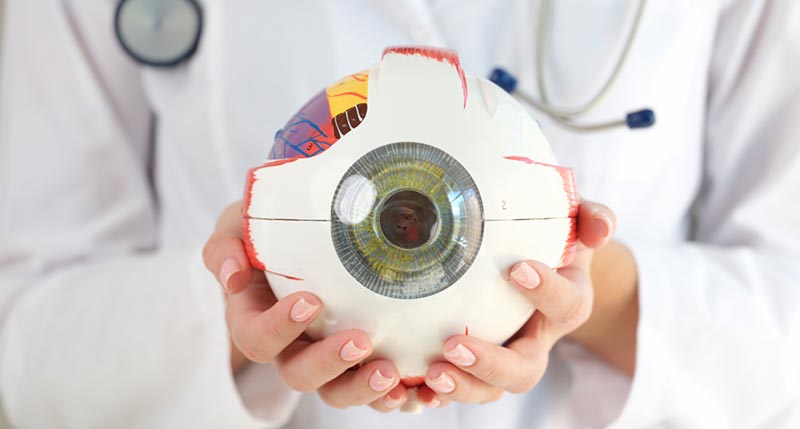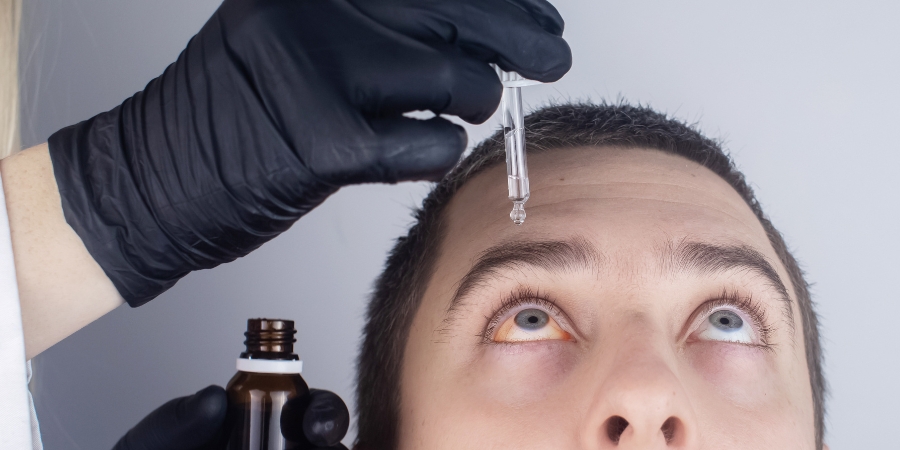All Categories
Featured

While many people comprehend the significance of protecting their skin from the sun, the unsafe effects of ultraviolet (UV) rays on eye health commonly go overlooked. Too much exposure to UV radiation can lead to a range of eye problems, some of which can result in long-term damages. Whether you're taking in the sunlight on a summer day or strolling outdoors on an over cast afternoon, protecting your eyes from UV rays is crucial. Here's what you need to know about the results of UV radiation on your eyes and how to secure them.
What Are UV Rays? UV rays are a type of electromagnetic radiation sent out by the sunlight. They are classified into three kinds:
UVA Rays: These penetrate deep right into the skin and eyes and can add to lasting damages. UVB Rays: These rays are a lot more intense than UVA and are largely in charge of surface-level damage to the eyes and skin. UVC Rays: These are the most unsafe yet are mostly soaked up by the Earth's ozone layer and do not typically reach us. UVA and UVB rays are the primary offenders behind eye-related damages.
Short-Term Effects of UV Exposure on the Eyes. Even temporary direct exposure to intense UV rays can hurt your eyes. One typical condition triggered by this is photokeratitis, or "sunburn of the eye." Symptoms of photokeratitis consist of:
Agonizing, red eyes. Level of sensitivity to light. Tearing or too much watering. Temporary vision loss or blurry vision. Photokeratitis is normally short-lived, however it functions as a caution of how destructive UV direct exposure can be, also in small dosages.
Long-Term Results of UV Exposure. Extended direct exposure to UV radiation can cause a lot more serious and long-term eye conditions, such as:
Cataracts: UV rays can speed up the development of cataracts, a problem that triggers clouding of the eye's natural lens, resulting in blurred vision and, if unattended, loss of sight.

Macular Deterioration: UV exposure can harm the retina, particularly the macula, boosting the risk of age-related macular deterioration (AMD), which affects main vision.
Pterygium: A development of cells on the white component of the eye that can expand over the cornea, triggering discomfort, redness, and vision issues.
Pinguecula: UV exposure can cause yellowish down payments to base on the conjunctiva, resulting in inflammation and dryness.
Skin Cancer Around the Eyes: The fragile skin surrounding your eyes is extremely vulnerable to UV radiation, increasing the danger of skin cancers cells like basic cell carcinoma and squamous cell cancer.
Exactly How to Protect Your Eyes from UV Rays. Safeguarding your eyes from UV rays is straightforward and calls for a couple of conscious habits:
Purchase Top Quality Sunglasses: Select sunglasses that block 100% of UVA and UVB rays. Try to find tags that specify "UV 400" protection. Wrap-around styles are suitable as they block UV rays from the sides as well.
Use a Wide-Brimmed Hat: A hat with a brim at the very least three inches broad can considerably minimize UV exposure to your eyes and face.
Limitation Direct Exposure Throughout Top Hours: UV rays are greatest between 10 a.m. and 4 p.m. If you should be outdoors throughout these hours, ensure you're effectively safeguarded.
Do Not Be Tricked by Clouds: UV rays can permeate via clouds, so it is very important to use sunglasses even on cloudy days.
Safeguard Your Eyes Year-Round: Snow, sand, and water can reflect UV rays, increasing their impacts. Eye security isn't simply for sunny summertime days-- guarantee you're covered in all periods.
Use UV-Blocking Get In Touch With Lenses: Numerous contact lenses now feature UV protection. If you wear calls, ask your ophthalmologist regarding lenses with integrated UV filters for added security.
Urge Eye Protection for Kid: Kid's eyes are much more delicate to UV rays because their lenses are more clear, enabling more radiation to get to the retina. Make certain they put on sunglasses and hats throughout outside tasks.
Regular Eye Exams. Regular exams with an eye care expert are important for very early detection of any UV-related damages. An optometrist or ophthalmologist can review your eyes, advise safety procedures, and identify problems like cataracts or macular deterioration early.
Conclusion. By putting on UV-blocking sunglasses, restricting sun exposure during height hours, and remaining constant with eye examinations, you can ensure your eyes remain healthy and your vision stays clear for years to come. Securing your eyes from UV radiation isn't just about comfort-- it's an important step in maintaining your long-term eye health and wellness.
Latest Posts
Building a Solid Financial Future with WyHy
Full Circle Strategic Marketing - Modern Website Design That Drives Conversions
Ornamental Iron Fencing: Beauty and Stamina